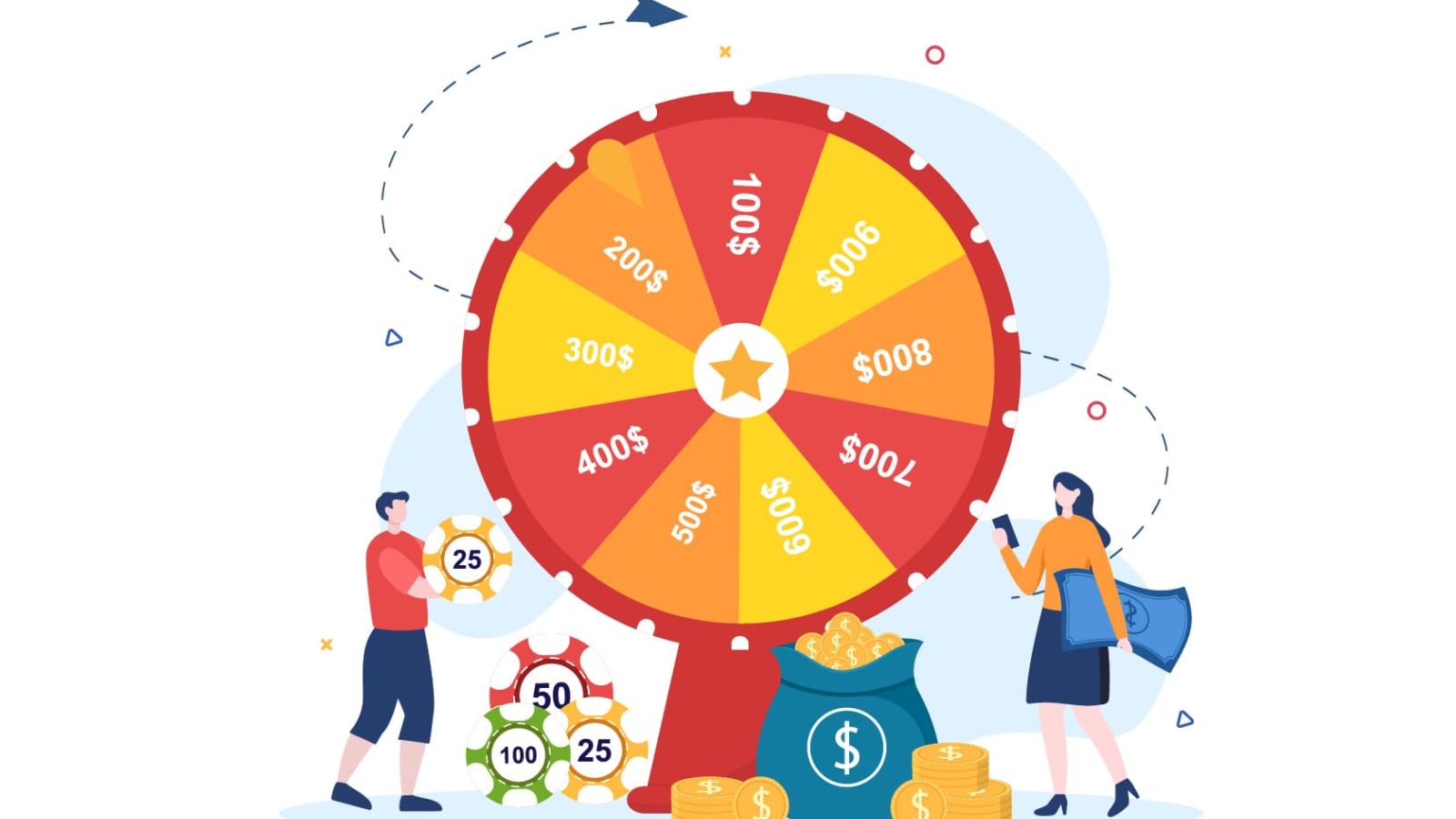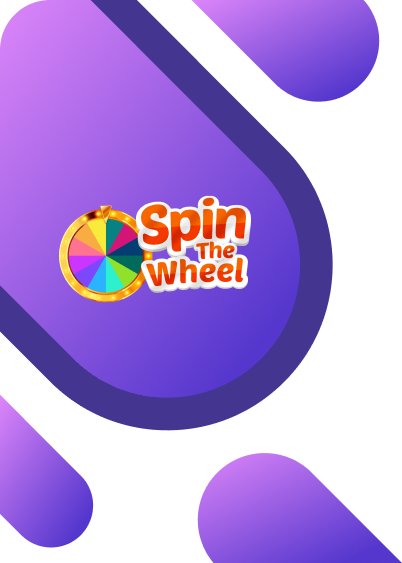The Spin That Hooked Us All: Unraveling the Psychology Behind Wheel Games ????
Hey there, fellow thrill-seeker! ???? Remember that irresistible urge to spin that colorful wheel at the carnival, or tap feverishly on your screen when a "Spin to Win!" pop-up appears? Yeah, me too. Last summer, I spent 20 minutes spinning a virtual wheel for a 10% coffee coupon I never used—and I’d probably do it again. Why? Because these spinning contraptions aren’t just games; they’re psychological traps dressed in glitter and gradients. Let’s dive into why our brains go bonkers for spinning wheels.
The Dopamine Dance: Your Brain on Spin Mode
Picture this: You tap "SPIN." The wheel whirs, colors blurring, your heartbeat syncing with each tick-tick-tick. Then—silence. The pointer lands on "Free Shipping!" ???? Cue fireworks in your brain.
This isn’t magic; it’s neuroscience. Spin games exploit our love for variable rewards—the same mechanic that makes slot machines and TikTok addictive. Psychologist B.F. Skinner nailed it in the 1930s with his pigeon experiments: unpredictable rewards hook us harder than predictable ones. When the outcome is uncertain (like not knowing if you’ll win a Tesla or a toothpick), your brain pumps out dopamine like a confetti cannon. ????
The Illusion of Control: "I Made That Happen!"
Here’s the kicker: Spin games trick us into feeling in charge. Unlike a lottery ticket (where you’re passive), spinning requires action—you decide when to launch the wheel. This creates what psychologists call the illusion of control.
A study in the Journal of Personality and Social Psychology found that people bet more aggressively in games requiring "skill" (even fake skill, like choosing when to spin) than pure chance. Your brain whispers: "That $100 discount? Totally my timing!" ???? Spoiler: It wasn’t.
FOMO: The Spin’s Wingman
Ever noticed spin wheels often show prizes others have won? ("Alex from Ohio won an iPhone!") That’s social proof on steroids. We’re tribal creatures—if the herd spins, we spin.
Brands amplify this with scarcity tactics:
-
"Only 3 spins left!"
-
"This offer expires in 10 minutes!" ⏳
Cue panic-spinning. I once spun a wheel 5 times for "double loyalty points" I didn’t need—just because the countdown timer turned my FOMO into a full-blown emergency. ????
The Near-Miss Effect: When Losing Feels Like Winning
You know what’s wild? Losing can be more addictive than winning. If the pointer stops just shy of the grand prize, your brain screams, "Almost! Try again!" This "near-miss" phenomenon triggers the same neural pathways as a win, keeping you hooked.
Slot machines perfected this, but spin games crank it to 11. A study in Neuron showed near-misses activate the brain’s reward centers almost as much as actual wins. No wonder we spin like hamsters on a caffeine drip. ????☕
Spin Games vs. Other Chance Games: A Cage Match
Let’s compare spin mechanics to other luck-based games:
| Feature | Spin Games ???? | Slot Machines ???? | Lotteries ???? | Raffles ????️ |
|---|---|---|---|---|
| Speed | Instant | Instant | Days/weeks | Slow |
| Control Illusion | High | Medium | None | Low |
| Visual Thrill | High | Extreme | None | Low |
| Social Proof | High | Low | Low | Medium |
Spin games dominate because they’re fast, visually hypnotic, and serve FOMO on a silver platter.
Why Brands Obsess Over Spin Wheels
I once consulted for an e-commerce startup that added a spin wheel to their checkout page. Results? Email sign-ups jumped 150%, and sales rose 30%. Why?
-
Low Effort, High Reward: Spinning takes 3 seconds. Buying a lottery ticket? Way harder.
-
Data Goldmine: Every spin reveals user preferences (e.g., users spamming spins for travel deals).
-
The Joy Factor: As psychologist Paul J. Zak notes, unpredictability triggers emotional engagement—and emotions drive sales.
But here’s the ethical tightrope: When does fun become exploitation? ????
A Personal Spin Tale: My Carnival Meltdown
Age 12. County fair. A giant wheel promised "STUFFED UNICORNS OR NOTHING!" ???? I spent $20 (my entire allowance) chasing rainbow fluff. The final spin landed on… a lollipop. I cried into my cotton candy.
Years later, I realize: The wheel wasn’t rigged—my brain was. The near-misses ("So close to the unicorn!") and sunk cost fallacy ("I’ve spent $10 already!") kept me spinning.
The Dark Side: When Spins Become Spines
Not all spins are innocent fun. Loot boxes in video games (digital spin cousins) are under global scrutiny for grooming kids into gamblers. Belgium banned them outright, calling them "games of chance." ????
The line between engagement and exploitation blurs when:
-
Prizes are intangible (e.g., crypto "coins").
-
Players chase losses ("One more spin!").
-
Autoplay spins remove even the illusion of control.
Spinning Forward: Joy vs. Justice
Spin games aren’t evil—they’re tools. Used ethically, they boost engagement (like Duolingo’s "strength spin" to revive forgotten lessons ????). Abused, they become digital slot machines.
So next time you face a spinning wheel, ask:
-
"What’s the REAL cost?" (Your data? Your time?)
-
"Am I having fun—or feeding an itch?"
And hey, if you win that Tesla… DM me. ????
The Spin Cycle: How It Hijacks Your Brain
Here’s Your Cheat Sheet
-
???? Dopamine Drive: Uncertainty = Addictive.
-
✋ Control Illusion: Spinning feels like skill.
-
???? FOMO Engine: “Others won! Why not me?”
-
???? Near-miss Trap: Losing fuels more spins.
-
⚖️ Ethical Vibe Check: Fun or predatory? Know the difference.
Stay spin-savvy, friends! ????
Got a wild spin story? Share it below! ????



